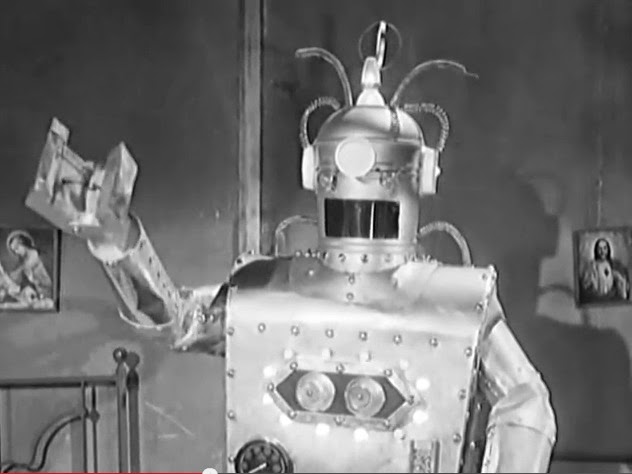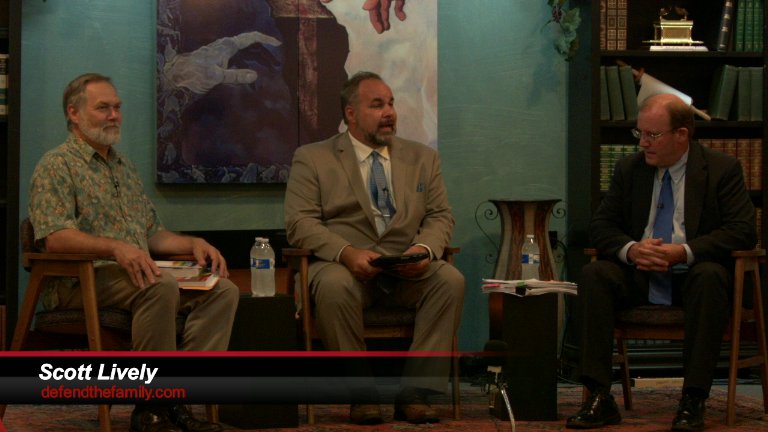More dishonesty then. Might as well put: "I talked about pornographers on the moon turning cheese into robots" (silence from Town Heretic.)(Silence from Town Heretic)
You shotgun and conflate and expect me to follow along when you can't answer simple rebuttals on the points I've made and you've attempted to distort or out and out lie about?
Still waiting on some synaptic firing on my rejection of your attempt to paint a defense of right as a support for particular use of it. But we both know that won't happen, I suppose.
No, the Roe Court is responsible and I don't believe any of them were Libertarians. I'm not of the Libertarian mindset. It's another extremist point of view too often, but I'm not going to try to blame them for what the majority they don't belong to has managed.Yet that mentality [Libertarian] is responsible for 58 million unborn babies being murdered in the womb in the past 43 years and the pain, misery and death that homosexuality has brought to our nation.
See, that's the sort of intellectually dishonest nonsense I'm speaking to. You don't want my position on the point because you can't do with it what you so obviously and desperately want to...Save your internet pro life speech for your nextObamaHilary Clinton rally.
Neither the President nor Mrs. Clinton agree with me on abortion and I'm not supporting her candidacy. The last guy I pushed to help elect was a Republican named Huntsman. But the party chose the wrong Mormon. Such is life.
Abortion wouldn't be here were it not for the Roe Court, appointed in majority by Republican conservatives. They were the best friend radicals on the left ever had on the point.Abortion and homosexuality wouldn't be legal today if it weren't for the organized movements behind them, and the abortion movement will not be defeated while allowing the homosexual movement to exist.
I'm sure there are ties between all sorts of organizations, especially those not in the majority who require the majority to accomplish any end. Still different issues with different support in law.I've documented numerous times in the past 3 threads the close (inseparable) ties between the abortion and homosexual movements,
Arguable, outside of a particular moral perspective, but we've seen the harm smoking does, to the individual and the larger society left with the impact. We don't ban activities because some harm will come from it. You need to review the standard again, assuming you ever did.We've seen the harm that homosexuality does, both to the individual and after becoming organized, to society.
You mean, is homosexuality immoral? The "not" confuses your question. But I've answered that one more times than you've been irrational: homosexuality is a sin. All sin is immoral.Is homosexuality not immoral in your mind?
So what are these "compelling state interest" that allow civil government to discriminate against incest, bestiality, and other sexual practices that you don't seem to approve of but not homosexuality?
See, you can't just throw out an undefined "other" and suggest a meaningful inquiry. As between humans, any agreement is a contract of sorts and all contracts require, among their elements, consent, which requires capacity to give it. That, as I've noted, is foundational in contract law and criminal law.
I've already done that prior and I'm not particularly interested in doing more leg work you'll ignore, but just a couple of things for you to not think about then:So US laws have strengthened when it comes to the exploitation of children to both heterosex and perverse homosex? Name some.
Here's a rough from a Wiki that gets the trend right:
History
While the age of consent is now set between 16 and 18 in all U.S. states, the age of consent has widely varied across the country in the past. In 1880, the age of consent was set at 10 or 12 in most states, with the exception of Delaware where it was 7.[51]
The ages of consent were raised across the U.S. during the late 19th century and the early 20th century.[52][53] Until a few decades ago, many states used to have provisions requiring that the teenage girl must have been of previous "chaste character" in order for the sexual conduct to be considered criminal. In 1998, Mississippi became the last state to remove this provision from its code.[54] From 2005 onwards, states have started to enact Jessica's Law statutes, which provide for lengthy penalties (often a mandatory minimum sentence of 25 years in prison and lifetime electronic monitoring) for the most aggravated forms of child sexual abuse (usually of a child under age 12).
While the age of consent is now set between 16 and 18 in all U.S. states, the age of consent has widely varied across the country in the past. In 1880, the age of consent was set at 10 or 12 in most states, with the exception of Delaware where it was 7.[51]
The ages of consent were raised across the U.S. during the late 19th century and the early 20th century.[52][53] Until a few decades ago, many states used to have provisions requiring that the teenage girl must have been of previous "chaste character" in order for the sexual conduct to be considered criminal. In 1998, Mississippi became the last state to remove this provision from its code.[54] From 2005 onwards, states have started to enact Jessica's Law statutes, which provide for lengthy penalties (often a mandatory minimum sentence of 25 years in prison and lifetime electronic monitoring) for the most aggravated forms of child sexual abuse (usually of a child under age 12).
A number of states have raised their consent age and a handful since the 60s. Some are considering raising it again. My current state of residency is entertaining a bill to raise it from 16 to 18. A number of states have done that and moved the age upward since the permissive, sexually confused and so-called sexual revolution of the 60s.
Outside of the above, to touch on a few things we've done as a nation since the 60s: Children’s Online Privacy Protection Act (I think around 1998); The Child Abuse Prevention and Treatment Act (begun in the 70s and reauthorized in 2010); Child Protective Services have been institutionalized since those same 60s; Child Abuse Prevention and Treatment (1974); Indian Child Welfare Act (1978); Adoption and Safe Families Act (1997), to name a few.









